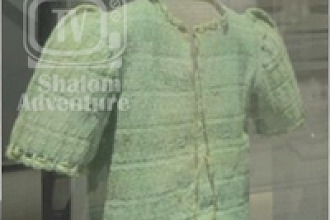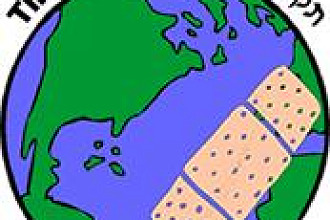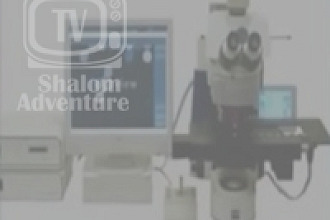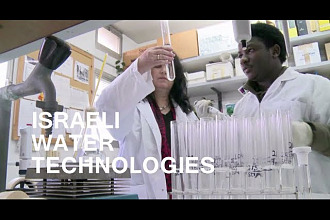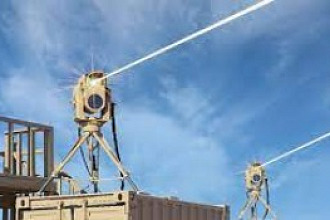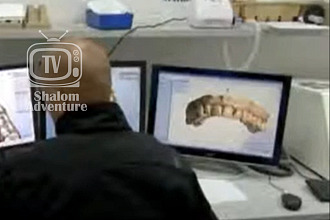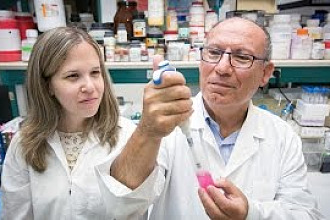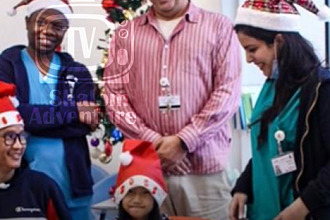Israeli molecular biologist Yardena Samuels recently published the results of groundbreaking cancer research with her team at the Weizmann Institute of Science in Rehovot.
The research may soon lead to off-the shelf immunotherapy cancer treatments that can be used for large groups of patients, saving the time and costs required for individualized programs.
The Weizmann team’s promising study centers on the identification of neoantigens, which are mutated peptides within tumors that trigger immune responses from T cells. While most neoantigens are unique, varying from patient to patient, there are “hotspot” or recurring neoantigens that are found in larger groups of people. These are difficult to identify, and have been mostly discovered through luck, until now.
In an article published on October 15, 2021, in The Journal of Clinical Investigation, the Samuels Lab team detailed their data-driven approach to identifying recurring neoantigens.
The lab focused on melanoma, using algorithms to search international databases detailing the genomes of thousands of cancer patients. This allowed the team to discover mutations that recur across groups of patients. Once the potential hotspot neoantigens were identified, the team tested their interaction with T cells to prove their effectiveness in immunotherapy.
The result is a groundbreaking technology that can provide new hope for an easily accessible immunotherapy treatment, ready for use in hospitals and for many types of cancers.
Written by Julie Piper


